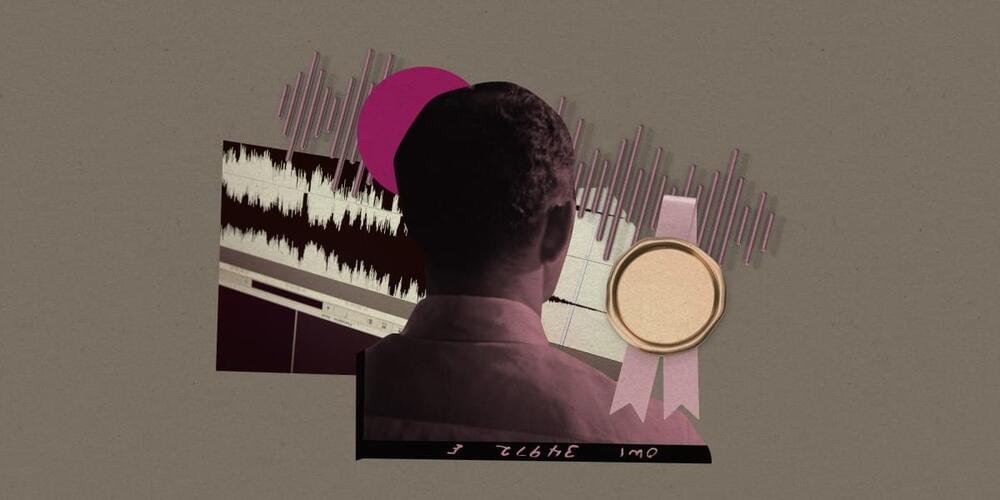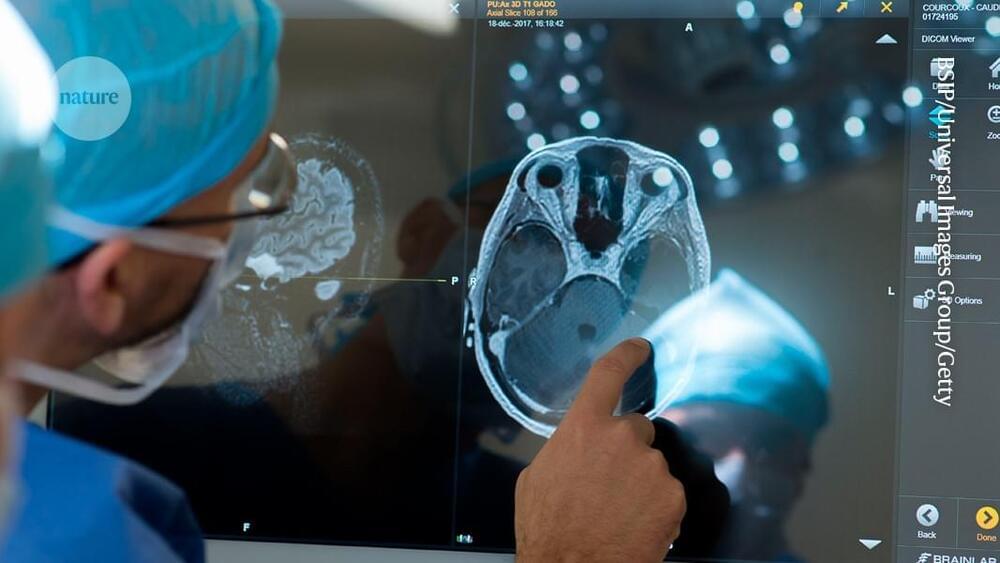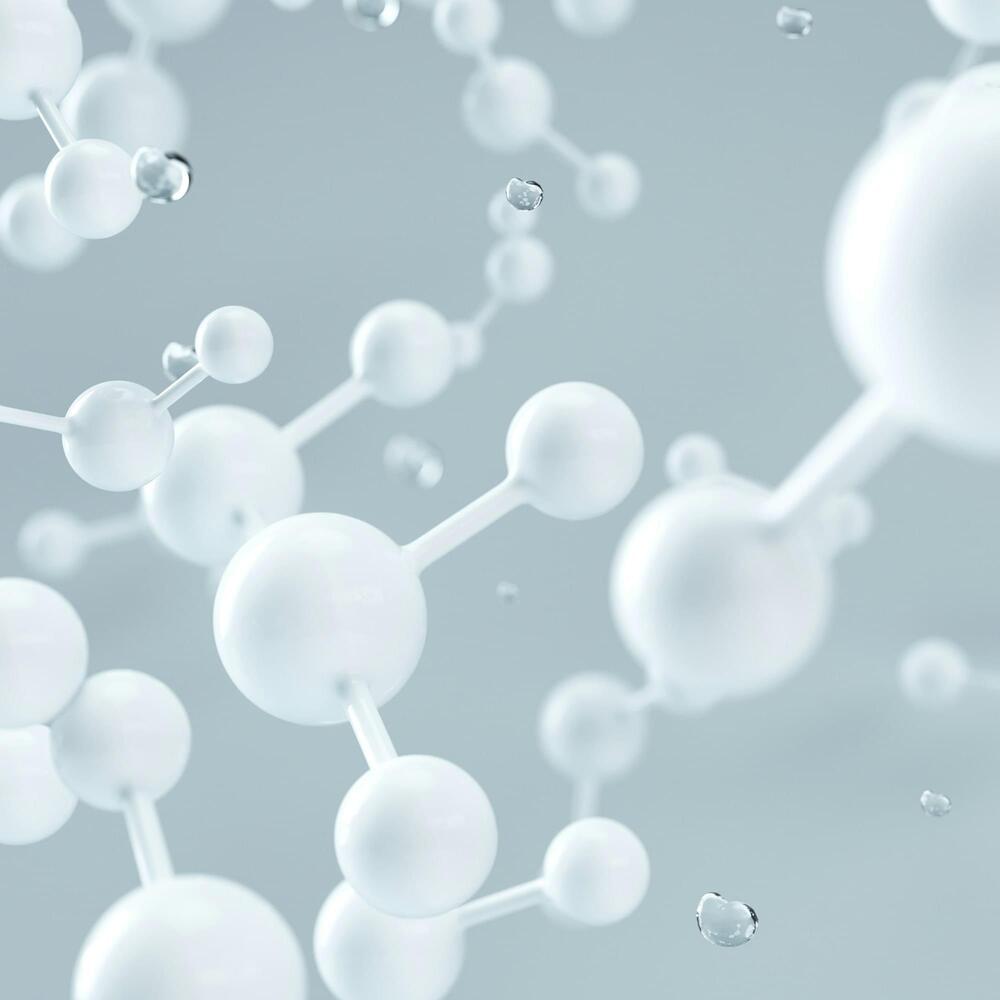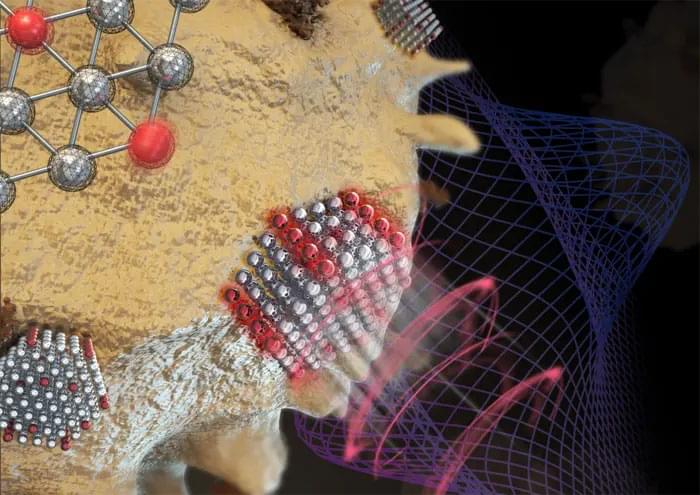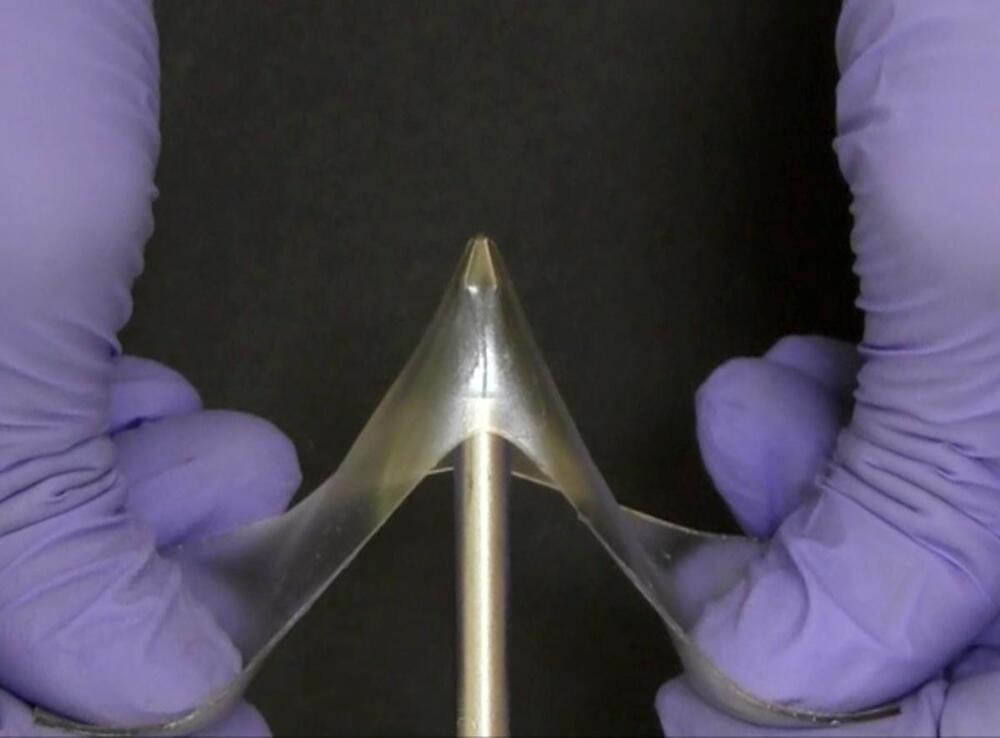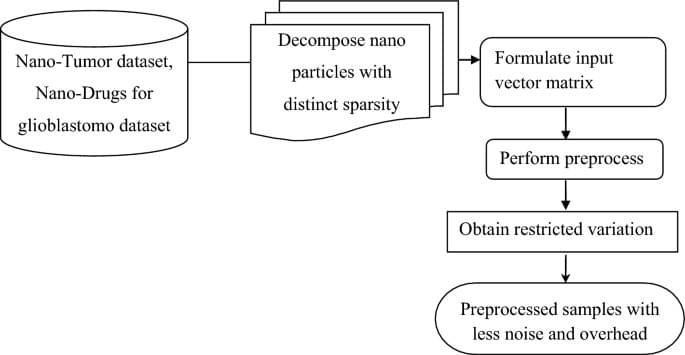Jun 22, 2024
Meta has created a way to watermark AI-generated speech
Posted by Gemechu Taye in categories: biotech/medical, robotics/AI
Meta has created a system that can embed hidden signals, known as watermarks, in AI-generated audio clips, which could help in detecting AI-generated content online.
The tool, called AudioSeal, is the first that can pinpoint which bits of audio in, for example, a full hourlong podcast might have been generated by AI. It could help to tackle the growing problem of misinformation and scams using voice cloning tools, says Hady Elsahar, a research scientist at Meta. Malicious actors have used generative AI to create audio deepfakes of President Joe Biden, and scammers have used deepfakes to blackmail their victims. Watermarks could in theory help social media companies detect and remove unwanted content.
